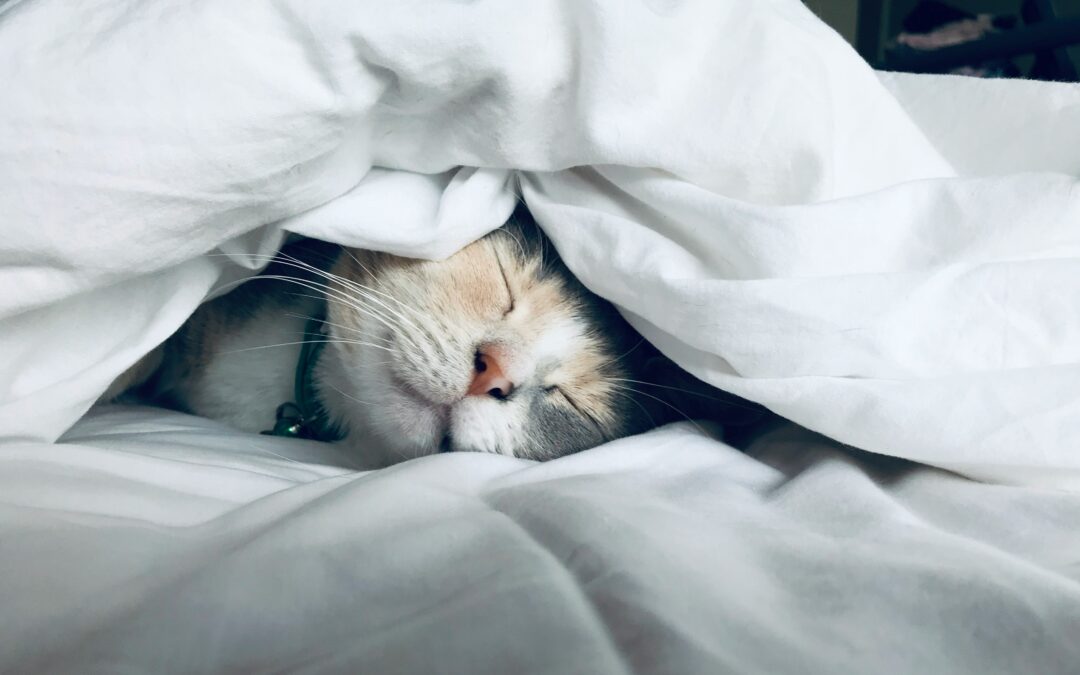Sleep is my number one priority for maintaining my health and wellbeing, and I cannot stress this enough.With time I learned it was my key source to a balanced life along with my everyday medication regimen. I am particularly sensitive about my sleep environment, needing a safe space with air conditioning, a soft blanket and pillow, and gentle lighting to help me sleep through the night. After many years of struggling with sleep, I have worked with my doctor to find a sleep medication that suits me ideally. – Maya, 27, Diagnosed at age 12
Coming up with a consistent nighttime routine and sticking to it as much as possible has been the biggest game changer for me when it comes to sleep. Ideally, this includes 30-60 minutes without electronics when possible. Having a set series of actions that you do in the same order every night is a great way to start building a steady routine where your body and brain know that it’s time to start slowing down. It’s hard to establish at first, but eventually the good habits stick, and it’s become something that I appreciate and look forward to every night. – Beck, 24, Diagnosed at 17
To maintain a consistent sleep schedule, I try to go to bed at the same time every night. Sleep is one of my biggest struggles. I worked with a psychiatrist, and now I am on a medicine that works as both an antipsychotic and a sleep aid. This often helps me get to sleep. I have difficulty with motivation to get out of bed, so I use alarms to help me wake up in the morning. One thing that motivates me is wishing my partner a good morning. This encourages me to get up and start my day. – Olivia, 18, Diagnosed at 15
I still struggle with a consistent sleep schedule. I have an alarm clock app that makes me solve challenges before it turns off which forces me to get up at a regular time. I try not to let myself nap later than early afternoon. I am also careful about caffeine. I try not to drink it too late in the day and limit the amount that I consume. I used to drink several energy drinks a day and that definitely made me sicker so now I only usually have one coffee per day. – Emily, 28, Diagnosed at 16
I try to wake up at around the same time every day of the week, which then helps me go to bed at more consistent times, too. Getting enough physical activity during the day also helps me be ready for bed. If I don’t feel like getting out of bed during the day, I try to plan something fun that requires leaving my house. I also discussed sleep aid medications with my psychiatrist to figure out what to take and when to take it if sleeping specifically became an issue. – Louis, 20, Diagnosed at 13
The information contained in or made available through www.ibpf.org cannot replace or substitute for the services of trained professionals in the medical field. We do not recommend any specific treatment, drug, food or supplement. International Bipolar Foundation is not intended to be a substitute for professional medical advice, diagnosis or treatment. Always seek the advice of your physician or other qualified health provider with any questions you may have regarding a medical condition. Never disregard professional advice or delay in seeking it because of something you have read or received from the International Bipolar Foundation.


